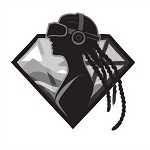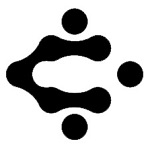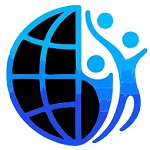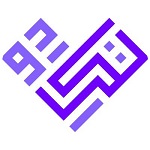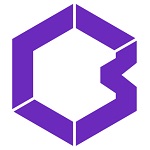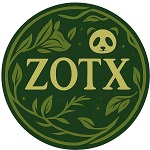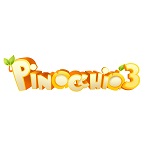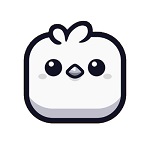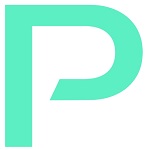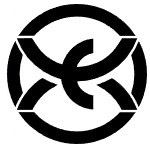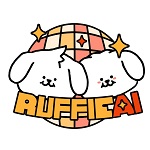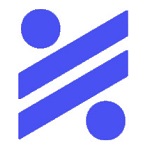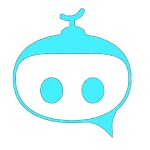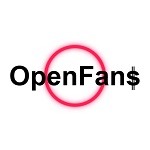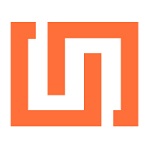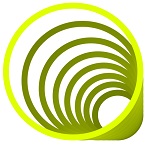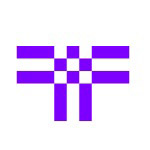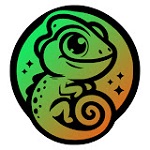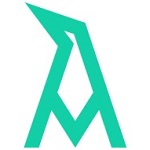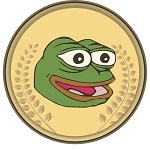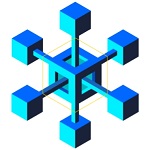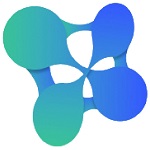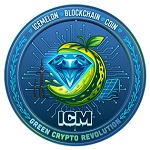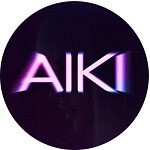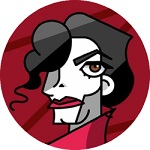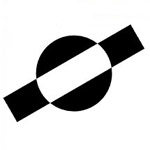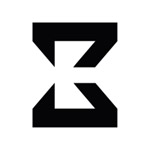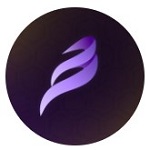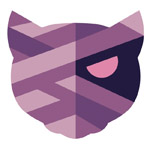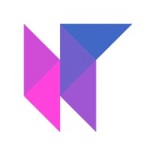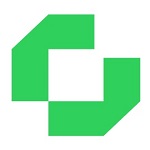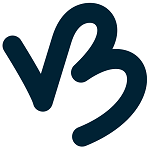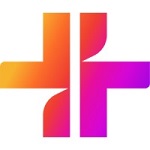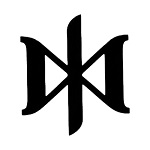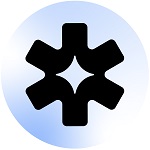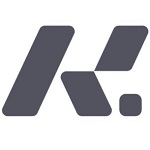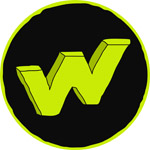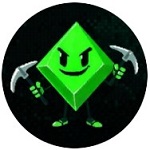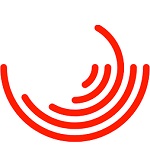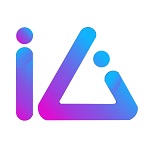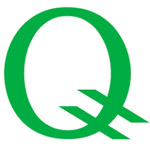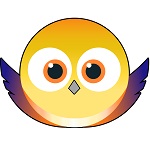DAO
| Projects | Projects | Status | Date start | Raised | Launchpad | Ecosystem | X score | Interest lvl | Industry | |||
|---|---|---|---|---|---|---|---|---|---|---|---|---|
ICO Pre-Sale | Mar 27, 2026 | Gaming +4 | ||||||||||
ICO IDO Pre-Sale Ongoing IDO | Feb 01, 2025 | $0,25M | Data Analytics +3 | |||||||||
IDO Past | Feb 24, 2026 | Web 3.0 +1 | ||||||||||
IDO | Dec 12, 2025 | Gambling +3 | ||||||||||
| TBA | $3,1M | Insurance +5 | ||||||||||
| TBA | Web 3.0 +2 | |||||||||||
ICO IDO Past | Aug 11, 2025 | Gaming +3 | ||||||||||
ICO Past | Oct 01, 2025 | NFT +3 | ||||||||||
ICO | Sep 11, 2025 | AI +7 | ||||||||||
| Aug 17, 2025 | Gaming +4 | |||||||||||
IDO Past | Sep 07, 2025 | Trading & Investing +4 | ||||||||||
IDO Past | Nov 03, 2025 | DeFi +4 | ||||||||||
| TBA | Other +5 | |||||||||||
IDO Past | Aug 07, 2025 | AI +2 | ||||||||||
| TBA | AI +1 | |||||||||||
ICO Past | Sep 01, 2025 | Social +3 | ||||||||||
IDO | TBA | Exchanges & Wallets +4 | ||||||||||
IDO Past | Jul 11, 2025 | Science & Research +4 | ||||||||||
ICO | TBA | Finance +5 | ||||||||||
| TBA | Blockchain +3 | |||||||||||
ICO IDO Past | Jul 07, 2025 | Crowdfunding & Lending +3 | ||||||||||
ICO Past | Nov 03, 2024 | Gaming +3 | ||||||||||
IDO | TBA | Real Estate +4 | ||||||||||
ICO Past | Jun 10, 2025 | Science & Research +1 | ||||||||||
ICO Past | Jun 20, 2025 | Energy & Utilities +3 | ||||||||||
IDO Past | Jun 03, 2025 | Gambling +4 | ||||||||||
IDO Past | Jun 26, 2025 | Art & Music +4 | ||||||||||
| TBA | Blockchain +5 | |||||||||||
ICO IDO Past | May 25, 2025 | Software +4 | ||||||||||
IDO Past | May 23, 2025 | Crowdfunding & Lending +6 | ||||||||||
| TBA | Blockchain +4 | |||||||||||
IDO | Jun 27, 2025 | Gaming +2 | ||||||||||
IDO | Aug 11, 2025 | AI +4 | ||||||||||
IDO Past | Nov 13, 2025 | Software +6 | ||||||||||
| TBA | Blockchain +9 | |||||||||||
| TBA | $23,2M | Identity & Reputation +6 | ||||||||||
| TBA | Software +4 | |||||||||||
| TBA | $12M | Data Analytics +7 | ||||||||||
IEO Past | Mar 27, 2025 | Ecology +1 | ||||||||||
| TBA | $0,5M | Energy & Utilities +4 | ||||||||||
IDO Past | Mar 17, 2025 | Blockchain +6 | ||||||||||
ICO Past | Apr 12, 2025 | AI +1 | ||||||||||
IDO Past | Mar 29, 2025 | Exchanges & Wallets +4 | ||||||||||
IDO | Jun 20, 2025 | Marketing & Advertising +6 | ||||||||||
IDO | Mar 07, 2025 | AI +6 | ||||||||||
IDO Past | Mar 07, 2025 | Sport +9 | ||||||||||
IDO Past | May 05, 2025 | Internet & Telecommunications +9 | ||||||||||
| TBA | Blockchain +3 | |||||||||||
IDO | Feb 07, 2025 | Crowdfunding & Lending +5 | ||||||||||
IDO Past | Jan 21, 2025 | DeFi +3 | ||||||||||
Decentralized Autonomous Organization
If you heard anything about the concept of an organization without a big boss, where an anonymous owner of a few tokens can influence the future of the company – it’s probably about DAO.
What is DAO
DAO or Decentralized Autonomous Organization, has become a very popular topic recently. These organizations are blockchain-based and operate without centralized management, so users can create social organizations without knowing the other participants personally, set rules, and make decisions autonomously through blockchain voting. Most importantly, operations in such an organization can be performed automatically.
How does DAOs work
The DAO is based on blockchain technology, which ensures transparency and security of all transactions. In addition, the organization has its own smart contract that defines the rules and procedures for voting. Participants can make proposals and participate in voting. If a proposal receives a majority of votes, it is accepted and automatically implemented by the smart contract.
Smart contracts are actually applications in the form of software code that run within a decentralized system (DApps). Some smart contracts have a more comprehensive design that allows them to interact with other platforms, but most DeFi projects prefer to use them only within their own ecosystem.
DAO token holders automatically become participants in such contracts and perform their functions within the ecosystem based on the smart contract functionality. This ensures the complete independence of individual platform participants from each other and from the system itself. The mini-application itself is sufficient to define the boundaries of interactivity between the user and the system.
In addition, DAOs are categorized into two types:
Public
Public membership implies the possibility for anyone to join the DAO with access to the management of the organization.
Private
A private membership refers to the fact that a new member joining the DAO must pass a certain vetting step. This step may require approval from other members of the organization or verification that entry criteria, such as capital or subject matter expertise, are met.
The type of DAO depends on the purpose of the organization. If decentralized governance needs to involve as many participants as possible, a public type. If the DAO needs to attract only qualified participants for its successful functioning, a private membership type is chosen.
To be considered a rightfully true DAO, its architecture must incorporate several important components from the Web3 space:
- Blockchain. A customized protocol, such as Ethereum, Polygon, Solana, and others, where correct code execution occurs to regulate DAO rules.
- A voting system. To exercise control over membership and vote distribution, and make certain decisions in the project. Also, a specific number of tokens may determine membership.
- Project as the primary repository of community assets. The key asset can be; cryptocurrency, NFTs, tokens, art objects (physical and digital), basically anything of value to the community. Assets may not necessarily be financial, it can be anything of value to the community.
Examples of DAO projects
It is worth remembering the very first DAO, which was called The DAO. This community was formed by creators to automate decision making in the fund. And in a short period of time, this company became one of the largest crowdfunding companies in the history of cryptocurrencies. However, a few weeks after the launch, The DAO was attacked by hackers who managed to steal more than 3.6 million Ether (ETH), the cryptocurrency into which the entire amount raised by the fund was exchanged. The incident had serious consequences for Ethereum, as by forking (creating a separate branch) the network, the developers tried to recover the stolen funds.
There are other successful DAO DApps that deserve a mention:
- InstaDApp – an interoperability service for projects in the DeFi ecosystem.
- UniSwap – a popular decentralized cryptocurrency exchange.
- Compound – a debt service similar in principle to MakerDAO.
- AAVE – a special decentralized Peer-to-Peer platform for finding borrowers and lenders.
Although the list of DeFi platforms with functional DAOs and TVLs over a billion dollars is impressive, most new DeFi projects turn out to be failures and usually lose all their initial popularity in the first six months.
Key advantages of DAO
DAO has a number of advantages that make it attractive to many people and organizations. Among them:
- Decentralization: the DAO has no centralized management, which makes it more transparent and resistant to third-party interference;
- Faster and cheaper decision-making: by automatically executing smart contracts, decisions can be made faster and without additional costs;
- Security: blockchain technology ensures safe and secure transactions, making the DAO more protected from cyber-attacks and fraud;
- Flexibility: DAO participants can quickly and easily change voting rules and procedures, making the organization more flexible and adaptive to change.
Conclusion
DAOs are a brand new way to collectively, democratically manage financial systems, but most of the projects that are emerging in the DeFi ecosystem cannot yet give confidence in the future of the idea of DAOs. That doesn’t mean you can’t invest in them, you just need to do so with caution and after careful market research.
